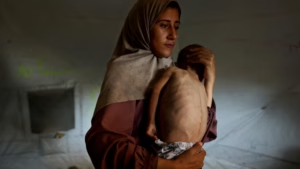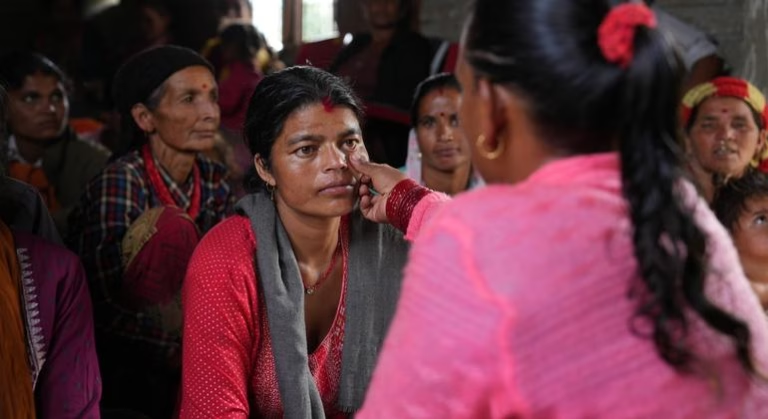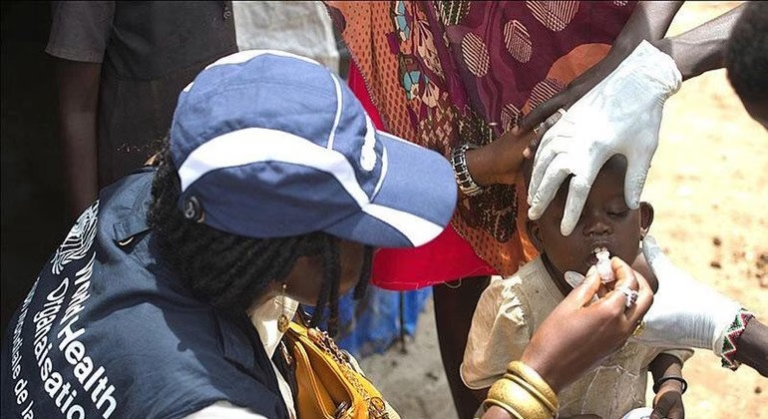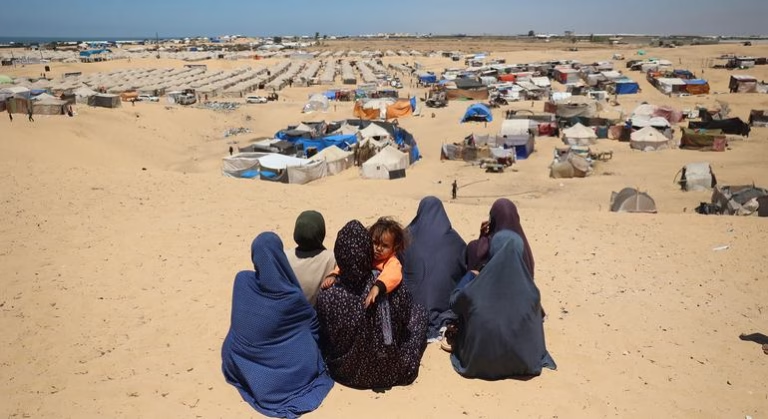A recent report by the UN Spotlight Initiative highlights the severe impact of climate change on gender-based violence, revealing that such violence is magnified by environmental crises. Climate-related stressors such as extreme weather events, displacement, food and economic instability are identified as key drivers increasing the frequency and severity of violence against women and girls.
Research indicates that for every 1°C increase in global temperature, there’s a 4.7% rise in instances of intimate partner violence (IPV). In a future without significant action to mitigate climate change, the report projects that IPV could affect 40 million more women and girls annually by 2090, with this figure more than doubling in a higher temperature scenario of 3.5°C.
The Spotlight Initiative, a joint partnership between the European Union and the United Nations, emphasizes the importance of incorporating rights, safety, and justice in climate solutions. It asserts that policies designed to combat gender-based violence remain drastically underfunded, with only a negligible portion of climate funding dedicated to gender equality.
The report underscores the disproportionate effect of this violence in marginalized communities, where women are already confronted by inequalities, making them more susceptible to abuse. In regions like sub-Saharan Africa, intimate partner violence could nearly triple to 140 million women by 2060 if there is a 4°C temperature rise, but limiting this to a 1.5°C rise could reduce the affected women to 14%.
The report also highlights the danger faced by environmental human rights defenders, particularly women, who contest destructive land use and mining operations, resulting in harassment, physical violence, and other forms of retaliation.
The UN Spotlight Initiative calls for GBV prevention to become a central facet of climate policy, stressing that successful climate strategies need to address safety and equity, while also promoting the leadership roles of women and girls. Integrating GBV services in disaster response, training programs for sustainable development, and supporting mobile health services in affected areas are proposed as ways to address these dual crises.
The imperative to eliminate gender-based violence is not only a matter of human rights but also crucial for achieving a just, sustainable, and climate-resilient future.
Source: https://news.un.org/feed/view/en/story/2025/04/1162461








